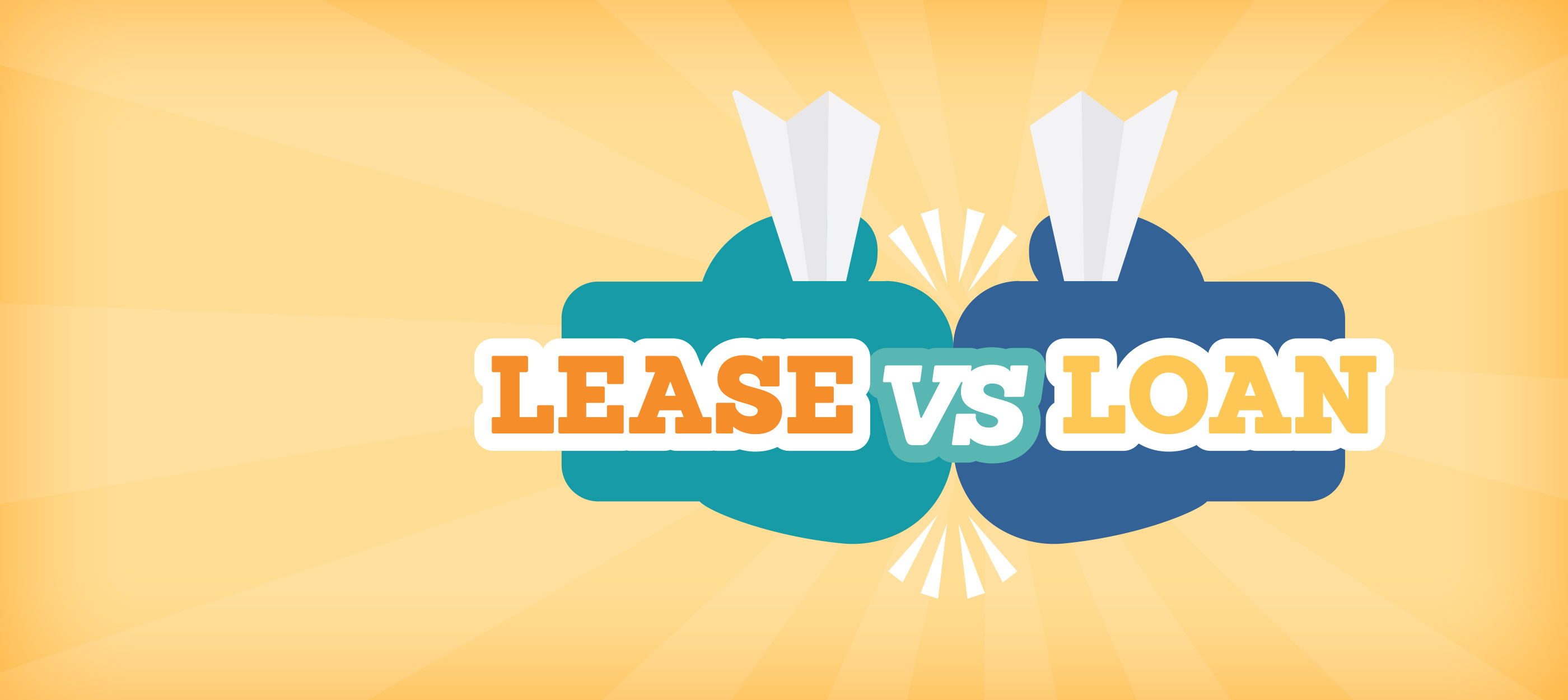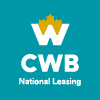
Lease vs. Loan
Compare the differences between an equipment lease and a loan with our comparison table and make the right equipment acquisition choice for your business.
See full post

By: CWB National Leasing
It’s an alternative to purchasing or traditional financing and has specific benefits that can make it more ideal depending on your situation, industry, and business goals.
Below, you’ll find our complete guide to leasing. We’ve included a video and FAQ to equip you with everything you’ll need to know for your next equipment lease.
Equipment leasing is a form of acquisition that’s alternative to purchasing or traditional lending. The leasing company purchases equipment and then lends it to the user in exchange for periodic lease payments. Users can either enter into an operating lease, which is similar to a rental, or a capital lease, where the user assumes the benefits and liabilities of ownership.
First, you’ll shop around and find the equipment your business needs. Almost any type of equipment is available to lease with some dealers even offering in-house leasing for their equipment. If leasing isn’t offered, you can contact your leasing company. They’ll work with you to structure a lease for your business and then work with the equipment dealer to get the equipment in your possession.
Before the lease, you and the lessor will structure payments to match your business’s needs. Payments are flexible and can be scheduled in monthly, semi-annual or annual installments.
Generally, no down payment is required. But making one will lower the cost of your payments and may be necessary depending on your credit.
You can potentially claim your lease payments as a tax-deductible expense; however, always consult your accountant to see what’s possible.
Some leasing companies offer sale-leasebacks. The leasing company will buy your equipment and lease it back to you so you have cash for other business expenses. Some conditions apply so make sure you speak with your lessor to see if you qualify.
You can choose from a number of end of lease options, but don’t let the “end of lease” part fool you. You’ll determine your end of lease option at the beginning of your lease before you get your equipment. You’ll see all your end of lease payment options here, but a few of the more popular ones are the $1 buyout, Fair Market Value option and 10 per cent buyout.
There’s no consensus; instead, the more optimal choice will depend on your business. We cover leasing vs buying here, but you should answer some important questions about your business before making your financing decision. Ask yourself how sensitive is your cash flow or line of credit for equipment purchases? Does your desired equipment have a high rate of obsolescence? Do you want to possibly claim your tax benefit in the short term through leasing or long term through depreciation?
If you prefer to keep your cash for other business expenses and potentially claim your tax benefits in the short term, leasing may be more optimal for your business. Your best bet is to speak with your accountant and explore your options.
Service standards vary, but lessors generally try and keep their applications short and easy to complete. For example, our application takes five minutes to complete.
Great question! You can complete our online application, give us a call or fill in the form below.
Posted in Equipment leasing advice,
Contact us and we'll call you right away